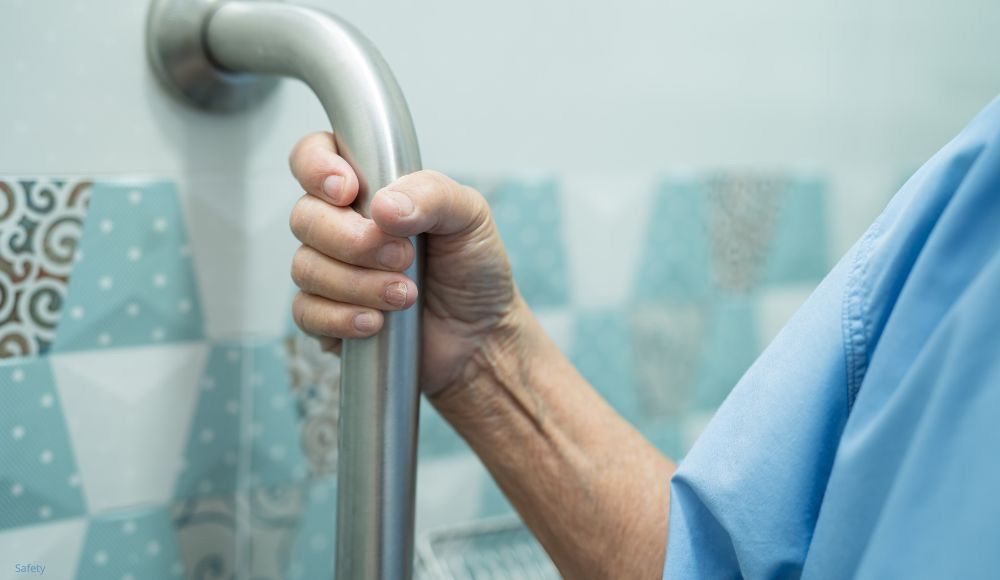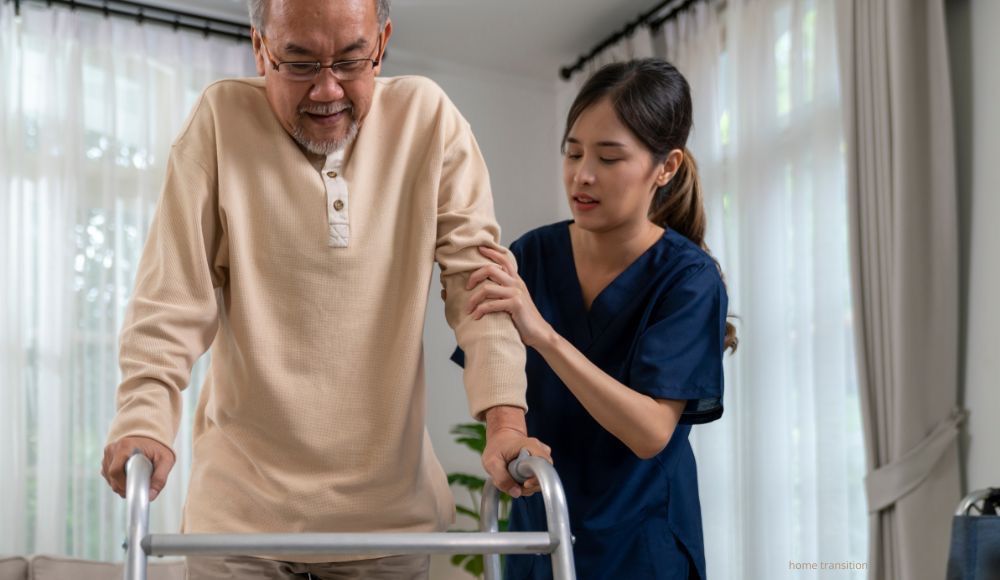How to Recognize Caregiver Burnout
This article helps identify signs of emotional and physical exhaustion commonly experienced by caregivers, including fatigue, irritability, and a decreased interest in activities. Recognizing these early symptoms can lead to effective coping strategies and support, ultimately ensuring better care for both the caregiver and the recipient.
Identify Signs like Fatigue and Irritability
Burnout can creep into caregivers' lives before manifesting in apparent signs, such as fatigue and irritability. It requires paying close attention to the physical and emotional changes. Fatigue may manifest as persistent tiredness, even after rest, and can impact concentration and performance in daily tasks. It's more than just feeling sleepy; it can become chronic and debilitating.
Irritability might present as increased impatience or frustration over minor inconveniences, changes in mood, or a shorter temper than usual. This emotional strain can stem from the caregiver's overwhelming responsibilities and lack of personal time.
Monitoring these signs involves regular self-assessment and evaluating mood, energy levels, and mental clarity. Acknowledging these symptoms enables timely intervention, such as seeking support or taking breaks, which can prevent further emotional and physical decline.
Seeking Help when Feeling Overwhelmed or Isolated
Caregivers must seek help when feeling overwhelmed or isolated to maintain their own well-being and provide adequate care. Feeling overwhelmed and isolated often leads to burnout, negatively impacting both mental and physical health. Caregivers can share their burdens by reaching out for support and gaining emotional relief and practical assistance.
Support can come from friends, family, or professional networks, providing diverse perspectives and resources to address challenges. It can also include counseling or support groups, where caregivers connect with others facing similar experiences, fostering a sense of community.
Timely intervention helps prevent feelings of hopelessness while enhancing resilience. Caregivers can recharge by prioritizing self-care and accepting help, ensuring they remain capable and compassionate in their roles, ultimately benefiting themselves and those they care for.
Take Advantage of Community and Professional Resources
Caregivers can enhance their well-being by leveraging community and professional resources. Community centers often offer support groups that provide a network of peers facing similar challenges, promoting connection and shared experiences. Local organizations may also offer respite care services, allowing caregivers to take necessary breaks.
Professionally, seeking counseling or therapy can help process emotions and develop coping strategies. Educational workshops can equip caregivers with skills to manage daily responsibilities effectively. Online platforms and helplines provide accessible advice and support.
Utilizing these resources reduces isolation, provides practical assistance, and empowers caregivers with knowledge, thereby helping to sustain their mental, emotional, and physical well-being.
Our Professional In-Home Caregivers Can Help You Prevent Burnout
Book your free, no-obligation in-home consultation with a licensed nurse today! Gain personalized feedback, explore your options, and receive expert recommendations—all from the comfort of your home.
Don't wait; start your health journey now!
More From Our Blog
✔︎ Locally owned and operated,
Dedicated to our local community.

Berks County Office
Comforting Home Care by Phoebe
1 Reading Dr
Wernersville, PA 19565
Phone: 610-625-5206
Lehigh Valley Office
Comforting Home Care by Phoebe
1925 W. Turner Street
Allentown, PA 18104
Phone: 610-625-5600
The region's premier home care provider in Berks, Bucks, Lehigh, and Northampton Counties, including Allentown, Bath, Bethlehem, Easton, Emmaus, Fleetwood, Fogelsville, Hamburg, Hellertown, Hereford, Kutztown, Laurys Station, Leesport, Macungie, Mertztown, Mohnton, Nazareth, New Tripoli, Northampton, Oley, Orefield, Quakertown, Reading, Richlandtown, Robesonia, Schnecksville, Shillington, Shoemakersville. Sinking Spring, Temple, Topton, Trexlertown, Wernersville, Whitehall, Womelsdorf, Wyomissing, & Zionsville,
© Copyright 2023 | All Rights Reserved | Comforting Home Care by Phoebe
Website by Power Marketing International











